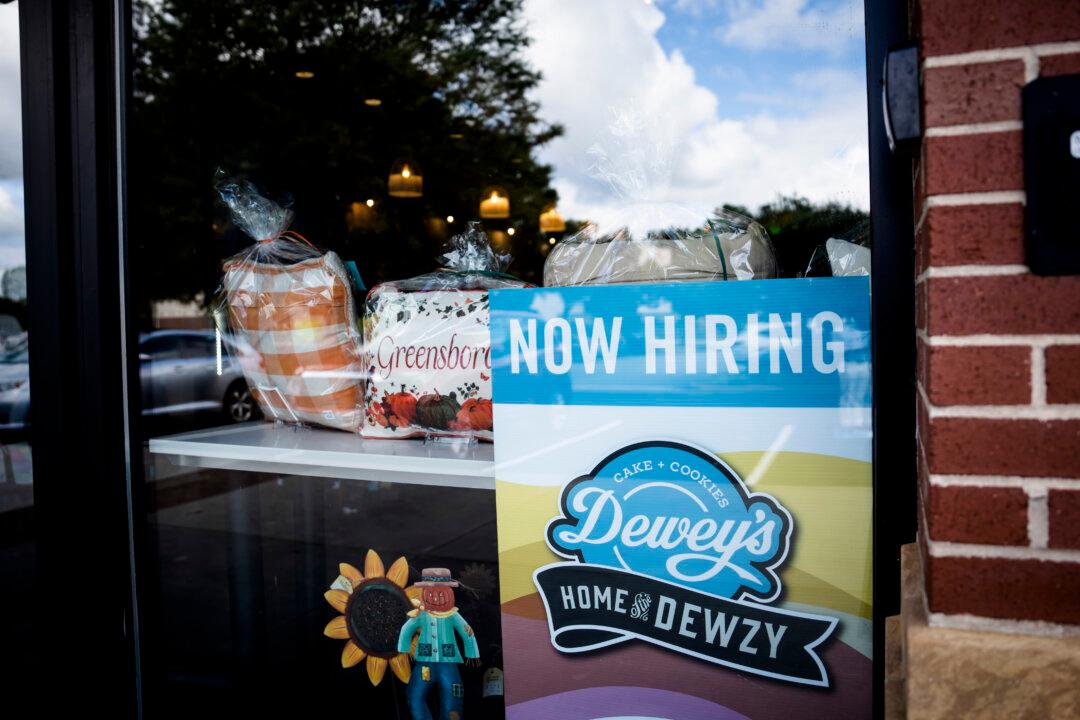The Small Business Administration (SBA) has unveiled a free online tool aimed at helping small businesses identify and connect with more than 1 million U.S. manufacturers and suppliers, the agency said in a May 20 statement.
The searchable Make Onshoring Great Again portal is set to “empower job creators to source domestic suppliers to support their operations—which will in turn support American jobs, reconnect [the U.S.] supply chain with U.S.-based production, and end [the] nation’s concentrated dependence on foreign suppliers and adversaries like the Chinese Communist Party,” the SBA said.





